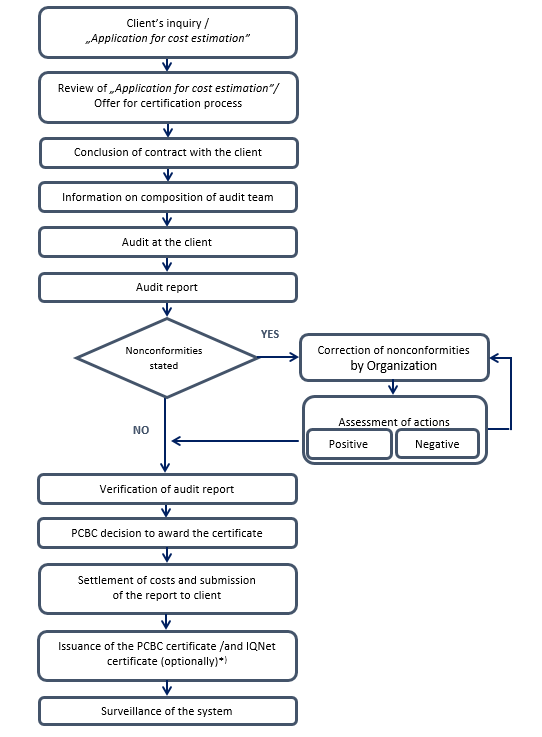Requirements
AQAP – Allied Quality Assurance Publications
NATO (North Atlantic Treaty Organization) has set requirements for a supply chain quality system in the military and related industries. The set of applicable documents specifies the requirements for carrying out deliveries for the army, however they do not specify requirements for the product or production processes. The legal basis for the AQAP requirements is the NATO standardization document – STANAG 4107.
AQAP documents are and extension of requirements of standards recognized as basic, i.e. quality standards of ISO 9000 series. Furthers specifications and editions of AQAP documents have been developed on the basis of requirements of ISO 9000 series of standards.
Having implemented system conforming to AQAP requirements is obligatory in enterprises designing, manufacturing and supplying products or providing services for Armed Forces of the Republic of Poland or other NATO armies. Therefore, a system conforming to AQAP shall be implemented and maintained if the enterprise is interested in designing, manufacturing or deliveries for the army and wants acquire more new orders and successfully maintain existing contracts for the army.
The purpose of the quality assurance system is to increase certainty that product ordered for Armed Forces of RP will be meet requirements specified in a contract.
At present, the following AQAP requirements introduced directly by STANAG 4107 apply:
Basic quality assurance requirements:
- AQAP 2110 Edition D Version 1 NATO quality assurance requirements for design, development and production
- AQAP 2131 Edition C Version 1 NATO quality assurance requirements for final inspection and test
- AQAP 2310 Edition B Version 1 NATO quality assurance requirements for aviation, space and defence suppliers
Supplementary quality assurance requirements:
- AQAP 2105 Edition C Version 1 NATO requirements for quality plans
- AQAP 2210 Edition A Version 2 NATO supplementary software quality assurance requirements to AQAP-211 and AQAP-2310
Supplementary information published as documents related to standards current on January 2020:
- AQAP 2105 Edition C Version 1 NATO requirements for quality plans
- AQAP 2210 Edition A Version 2 NATO supplementary software quality assurance requirements to AQAP-211 and AQAP-2310
- AQAP 4107 Edition A Version 2 Mutual acceptance of government quality assurance and usage of the allied quality assurance publications (AQAP)
- AQAP-4107-SRD.2 Edition A Version 1 AQAP selection guidance




